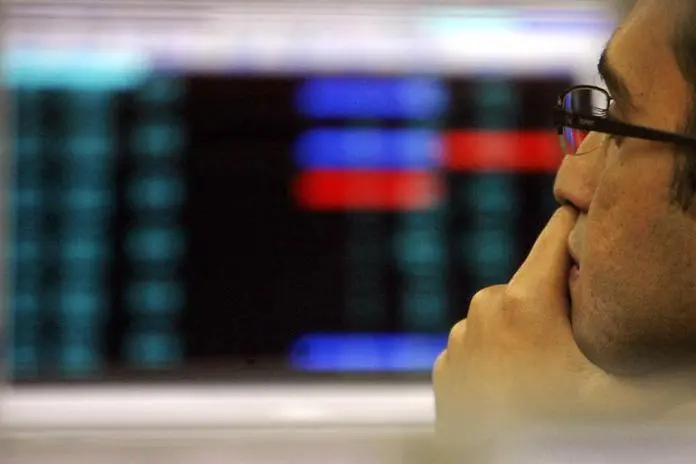PHOTO
BENGALURU - House price rises in India will gradually accelerate over the coming years but undershoot consumer inflation at least until 2023, according to a Reuters poll of property analysts who expect affordability to improve.
Housing market activity was struggling before the COVID-19 pandemic as many home builders were still starved of cash after the government in 2016 removed high denomination banknotes from circulation. Demand from buyers was also not strong.
But unlike many property markets that experienced soaring house prices, India's price growth slowed and activity took a hit as the coronavirus pandemic threw millions out of work and left thousands of housing projects unfinished.
India's once-roaring house prices rose only 2.4% during the first three quarters of 2021, a touch lower than last year's 2.5%, the weakest since the Reserve Bank of India (RBI) started compiling the data in early 2010.
The Nov. 18-Dec. 7 poll of 10 analysts predicted nationwide house prices to rise 2.25% and 3.75% in 2021 and 2022, respectively. That is a downgrade from 2.50% and 4.50% expected in August.
If realised, those annual increases would remain below consumer inflation, which was forecast to average 5.2% and 5.4% in 2021 and 2022 in a separate Reuters survey on Monday.
But average Indian house prices were forecast to rise 6.5% and 6.0% in 2023 and 2024, outstripping consumer price inflation by then.
"The ongoing vaccination drive and reducing COVID-19 cases have buoyed consumer sentiment since the latter half of 2020. As homebuyers are returning to the market, developers are slowly phasing out discount schemes," said Ankita Sood, director and head of research at REA India.
"However, amid the threat of new variants and uncertainty over resurgence of cases, developers will increase property prices in close ranges especially in the ready-to-move-in segment."
A city breakdown showed house prices in Mumbai and Delhi rising 2.50% and 2.75% next year, respectively. In Bengaluru and Chennai they were predicted in turn to increase 3.00% and 2.75%.
Meanwhile, the ultra-easy monetary policy that boosted housing activity over the past few years is expected to come to an end soon.
The RBI, which slashed its key repo rate by a cumulative 115 basis points last year, will make two 25 basis point increases next year, taking borrowing costs to 4.5%, a separate Reuters poll showed.
"Home loan interest rates are at their lowest-best presently and this has significantly boosted housing sales in the last one year," said Anuj Puri, chairman at ANAROCK Property Consultants.
"As long as low home loan rate regime continues, many first-time homebuyers will come forward and buy their home. And when these increase, it may again force many buyers to hold off their decision."
Still, all nine analysts who responded to another question said affordability would improve over the next 2-3 years. It was expected to worsen in other major housing markets.
"An improving economic situation will improve the affordability of prospective customers though price firming will push the demand from premium to mid-market or affordable housing," said Ajay Sharma, managing director, valuation services (India) at Colliers.
"It is expected both the RBI and the government will infuse initiatives to improve affordability until 2023. The only caution is the supply chain - if it is allowed to worsen then the interventions will not be able to offset the rising costs."
(Reporting by Indradip Ghosh; Polling by Sarupya Ganguly and Swathi Nair Editing by Mark Potter) ((Indradip.Ghosh@thomsonreuters.com; +91 98742 85145))





















